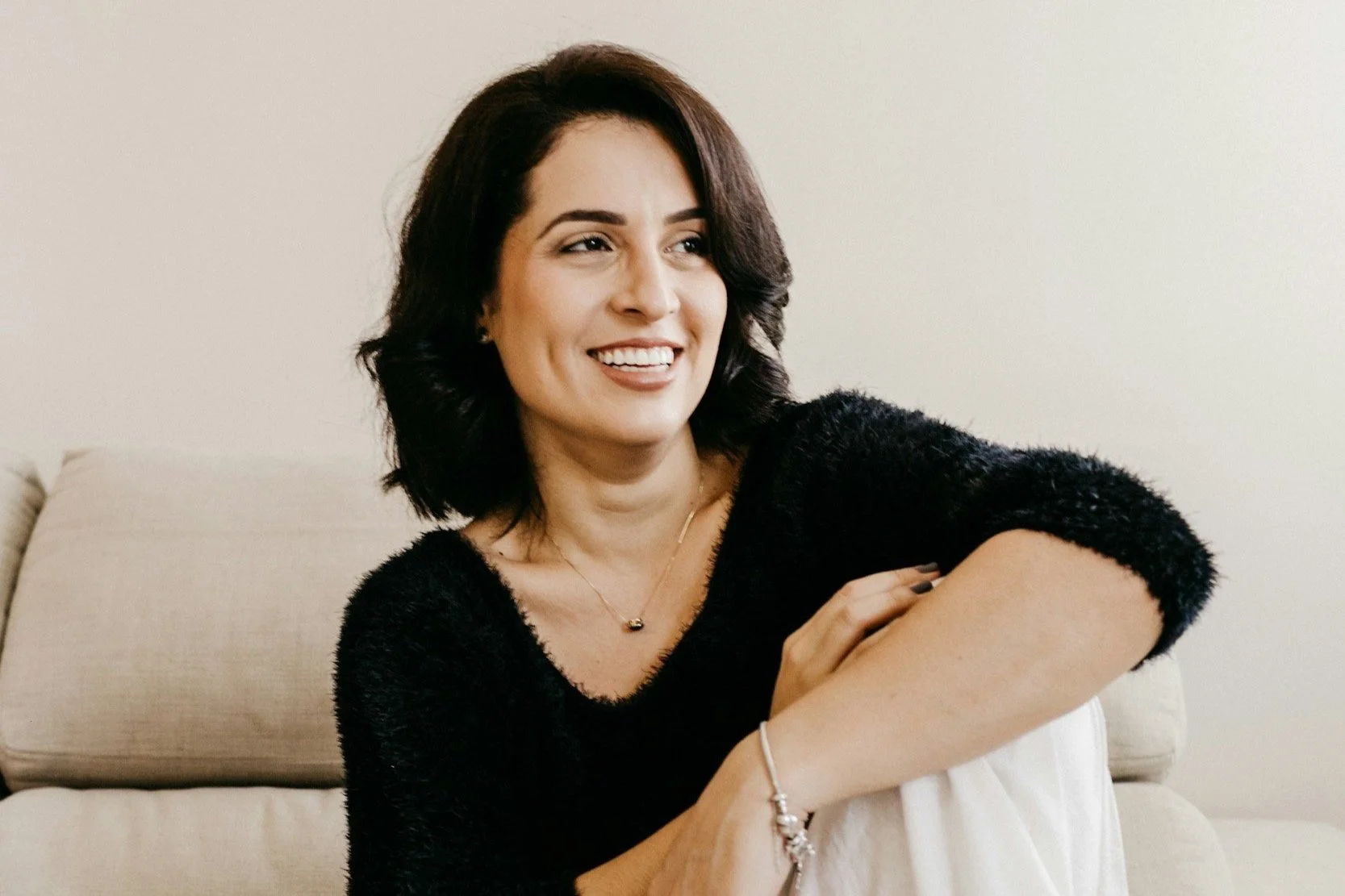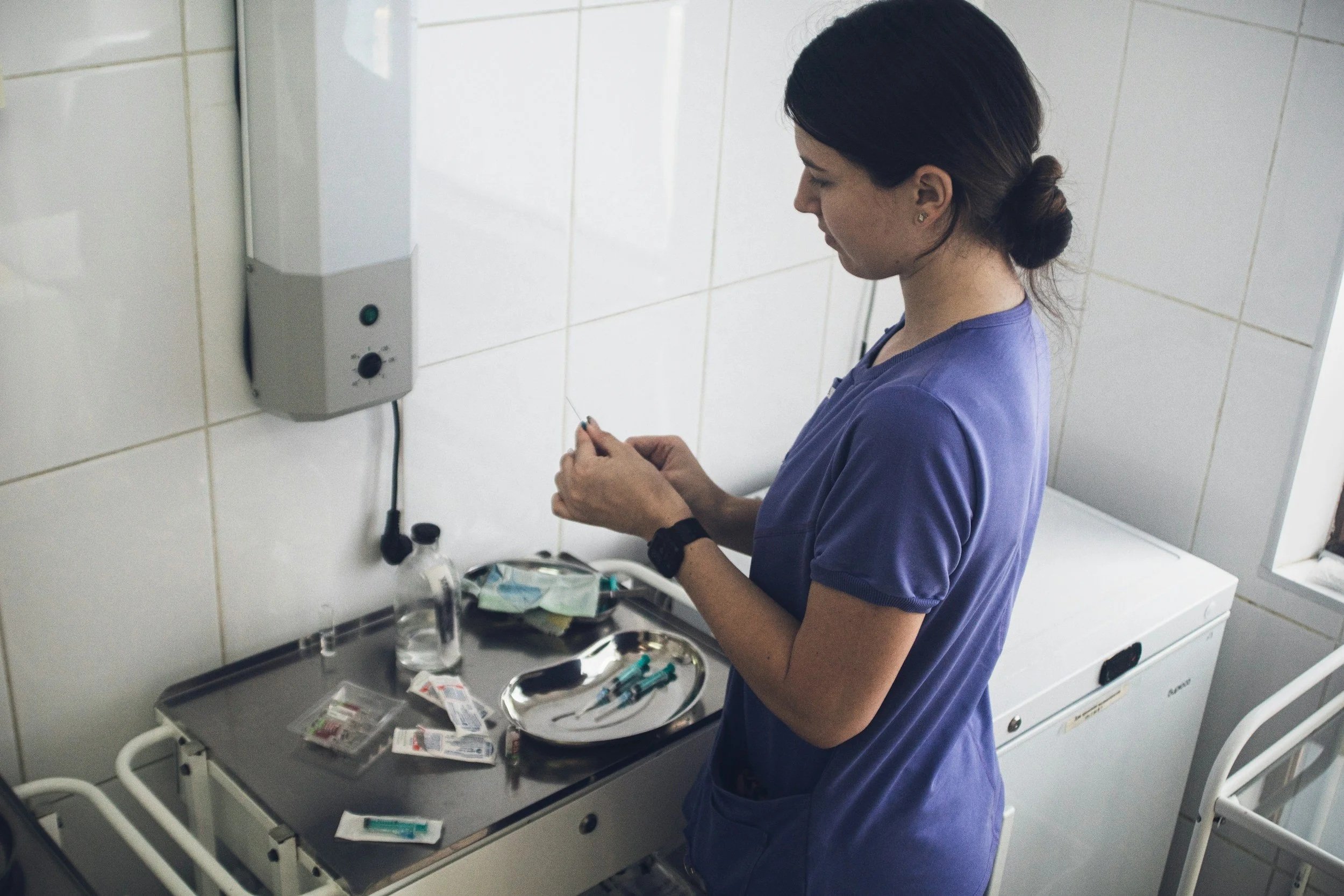If you’re considering egg freezing, it is important to prepare your body as if you were trying to conceive now. The goal is to optimize your egg quality before retrieval. Not all women need supplements, and taking the wrong supplements without proper guidance can do more harm than good. Every woman is unique. Some may need to improve their nutritional intake, others may have autoimmune conditions requiring specific supplementation or treatment, and some may not require supplements at all. A full blood test is the first step to determine individual needs before starting supplementation.
First Step: Blood Test and Medical Evaluation
Before adding any supplements, your doctor should assess:
Vitamin and mineral levels, including Vitamin D, Zinc, iron studies, and others depending on your risk factors and health history
Hormone balance, typically including follicle stimulating hormone (FSH), estradiol, and luteinizing hormone (LH). (Learn more about the hormones tested before and during egg freezing)
Ovarian reserve - an estimate of how many eggs you have remaining, tested by measuring your anti-mullerian hormone (AMH) levels
Other labwork depending on your medical history
This personalized approach ensures you get exactly what your body needs to support egg quality and hormonal health.
Key Supplements for Egg Freezing
Omega-3 Fatty Acids
Reduce inflammation and improve hormonal balance
Helps in conditions like PCOS, endometriosis, and PMS
Best sourced from wild-caught fish (sardines, anchovies) or algae-based options for vegetarians/vegans (look for options with both DHA and EPA.)
Zinc
Essential for follicle growth and egg maturation
Deficiency may disrupt early follicle development
Should only be taken if a blood test confirms low levels
Selenium
Antioxidant properties help protect egg cells from oxidative stress
Supports overall reproductive health
Often sufficient through diet but should be tested before supplementing
Myo-Inositol (Especially for Women with PCOS)
Improves insulin sensitivity and ovulation
Supports egg quality and hormonal regulation
Optimal formulation: 40:1 ratio of myo-inositol to d-chiro-inositol
Vitamin B6 (Pyridoxine)
Supports hormone regulation and egg development
May improve cervical mucus quality which is beneficial for later conception
Vitamin D
Vitamin D deficiency is linked to poor ovarian reserve
Supports AMH levels, ovulation, and embryo implantation
Important for women with PCOS to improve insulin resistance
Antioxidants (Vitamin E, Vitamin C, CoQ10, Resveratrol, Turmeric, Magnesium, alpha-lipoic acid)
Protect egg cells from free radicals that can cause oxidative damage. (Read more about how CoQ10 protects against oxidative damage.)
Antioxidants are found in berries, leafy greens, dark chocolate, and many other foods and fertility-focused supplements
Why Personalized Supplementation Matters
Not all supplements are necessary for every woman who will freeze their eggs. While some will benefit from targeted support, others may not need any additional intake if they already have optimal nutrient levels through a well-balanced diet. Working with a fertility specialist ensures safe and effective supplementation. Supplements are not well regulated, and many companies do not undergo rigorous third party testing for quality control.
To maximize egg quality, consider the following:
Get bloodwork done before starting any new supplements
Consult with a fertility specialist for personalized guidance
Optimize your diet and lifestyle alongside supplements in the lead up to your egg freezing cycle
Plan, and complete, your egg freezing cycle with a well-prepared body
Save 20% on AMH + Fertility Testing
Save 20% with code “FREEZE” on Women's Fertility AMH Test and Women's Fertility Ovarian Reserve Test.

Dr. Katharina Spies is a gynecologist and fertility specialist, as well as Medical Director of Vida Fertility Madrid. Born in Munich, Dr. Spies studied medicine in Freiburg and completed a two-year exchange program at the University of Madrid. She has led the medical team at Vida Fertility Madrid since 2022. Dr. Spies is fluent in German, French, English and Spanish and specializes in remote fertility treatments and complex cases of international patients who often come to her after a long journey.
Learn more about Vida Fertility Madrid’s egg freezing practice on Freeze.
Answered by Dr. Roy Handelsman from HRC Fertility. Understand how ovarian cysts and ovarian surgery may impact the egg freezing process.
Answered by Dr. Rashmi Kudesia from CCRM Fertility Houston. Here’s a checklist for before, during, and after your egg freezing consultation, including 11 questions you should ask the doctor.
Answered by Valerie Shafran, MSN, FNP-C from Extend Fertility. Discover why fertility experts urge women to stop taking GLP-1 agonists before an egg freezing cycle.
Answered by Dr. Nidhee Sachdev from South Coast Fertility Specialists. Explore what AMH tells us about a woman’s ovarian reserve or how many eggs she has left.
Answered by Dr. Hade from Generation Next Fertility. Understand how egg freezing does not cause long-term weight gain yet there is a chance of transient bloating.
Answered by Rijon Charne, JD from Sunray Fertility. Explore what a reproductive estate plan entails and the situations where having one can make a big difference.
Answered by Rijon Charne, JD from Sunray Fertility. Learn more about the importance of clinic disposition forms, including what they do and don’t cover.
Answered by Rijon Charne, JD from Sunray Fertility. Discover the legal nuances that can shape your options when freezing eggs or embryos.
Answered by Dr. Joshua Klein from Extend Fertility. Learn how birth control relates to egg freezing and if you will need to stop your hormonal birth control before starting the procedure.
Answered by Dr. Jesse Hade from Generation Next Fertility. Discover the important factors that affect chances of egg freezing success in your late thirties.
Answered by Sidonia Buchtova, PA-C, C-RHI from Refresh Psychiatry. Understand if you can stay on an SSRI or SNRI when freezing your eggs.
Answered by Sidonia Buchtova, PA-C, C-RHI from Refresh Psychiatry. Discover tips to help support your mental well-being during preparation, throughout the cycle, and after your egg retrieval, especially if you have a history of anxiety.
Answered by Dr. Katharina Spies from Vida Fertility. Learn about who should consider supplements before and during fertility preservation, and how supplements could support your egg freezing cycle.
Answered by Dr. Serin Seckin from Generation Next Fertility. Understand the key differences to help you make an informed decision that aligns with your personal and reproductive goals.
Answered by Dr. Ido Feferkorn from the Reproductive Medicine Group. Learn how Polycystic Ovarian Syndrome (PCOS) may affect the egg freezing process and outcomes of fertility preservation.
Answered by Dr. Meera Shah from Nova IVF. Understand the potential risks of egg freezing to help you evaluate if it is right for you.
Answered by Dr. Hade from Generation Next Fertility. Learn from start to finish the entire process of what happens on the final day of an egg freezing cycle.
Answered by Dr. Sahar M. Stephens from Northern California Fertility Medical Center. Understand the probability of pregnancy based on the number of eggs frozen and the age at which you freeze.
Answered by Dr. Alison Peck from HRC Fertility. Discover which medications are commonly used for ovarian stimulation during an egg freezing cycle.
Answered by Dr. Kathryn Snow from Piedmont Reproductive Endocrinology Group (PREG). Understand the side effects that you may experience when freezing your eggs.
Answered by Lia Schiller, MSN, AGNP-BC from Extend Fertility. Learn why IUDs can stay in place throughout the egg freezing process.
Answered by Dr. Woo from HRC Fertility. Learn how some medications need to be stopped for an egg freezing cycle while some medications can be continued.
Answered by Dr. Dan Nayot from The Fertility Partners. Learn how artificial intelligence is providing women with more information than ever before about their eggs.
Answered by Dr. Joshua Klein from Extend Fertility. Egg freezing doesn’t impact your chance of getting pregnant naturally, because egg freezing makes use of eggs that would otherwise have been lost.
Answered by Dr. Dan Nayot from The Fertility Partners. Understand the distinction between egg quantity and quality, and explore how AI is transforming egg quality analysis.
Answered by Dr. David E. Tourgeman from HRC Fertility. Understand what options exist for what to do with your frozen eggs if you decide not to use them for IVF.
Answered by Dr. Armando Hernandez-Rey from Conceptions Florida. Learn about minimal stimulation egg freezing cycles and how they can decrease the risk of ovarian hyperstimulation syndrome.
Answered by Dr. Ido Feferkorn from the Reproductive Medicine Group. Find out how egg freezing medications work and how protocols can be adjusted if you can’t take estrogen.
Answered by Dr. Ido Feferkorn from Reproductive Medicine Group. Learn how egg freezing fits into the menstrual cycle and how timing can be customized.
Answered by Dr. Elena Santiago from Vida Fertility. Understand the ins and outs of egg freezing in Spain as a non-resident, including timing, costs, and more.































